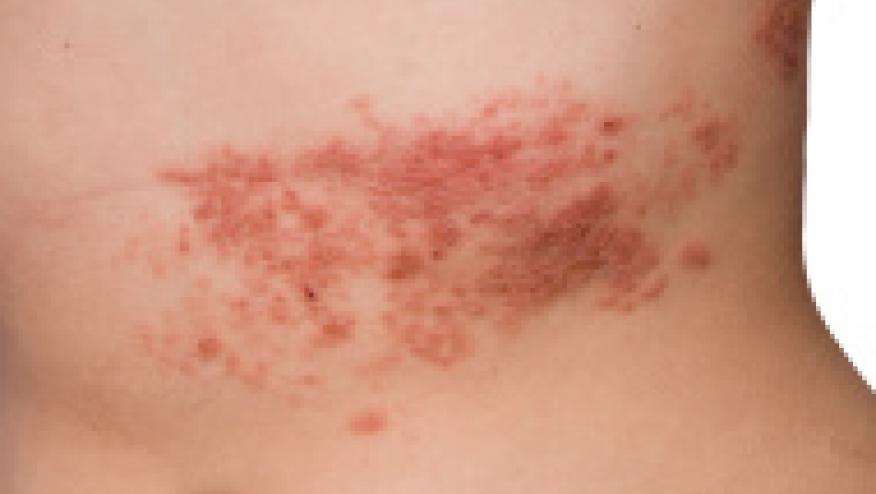Herpes Zoster and GCA – What’s the Deal? Save

In November I reported on an abstract presented at ACR by Muratore, et al. who looked for evidence of VZV infection in temporal artery biopsies of GCA patients and found none. This was one of many abstracts exploring the possible role association of herpes zoster with GCA, a long-debated topic, and it seems that the debate continues.
A study published last week online in Annals of Rheumatic Disease by Rhee RL, et al. (and also presented as an abstract at ACR) explored the association between prior infections, particularly HZ, and incident GCA in a large, population-based cohort in the UK in a nested case-control study.
They looked at the timing of infections prior to the date of GCA diagnosis (index date) and excluded from their primary analysis any infections that occurred within 6 months of GCA diagnosis. Analyses were adjusted for use of glucocorticoids, other immunosuppressive medications, alcohol and tobacco abuse, and other comorbidities. They also controlled for receipt of Zostavax.
They included 4,559 GCA cases and 22,795 matched controls. After adjusting for cofounders a history of HZ or any infection > 6 months before GCA diagnosis was associated with a minimally increased risk of GCA (aRR 1.17 (95% CI 1.04-1.32) and 1.26 (95% CI 1.16-1.36)). A higher number of any infection portended a higher risk of GCA (IRR for 1, 2-4, and ≥5 infections was 1.28, 1.60 and 2.18).
While interesting, this study has several limitations, and their findings of a modest association between HZ and GCA leaves one thinking that HZ is unlikely to play a role in development of GCA. On major source of bias is that their study group for some reason had higher rates of glucocorticoid and other immunosuppressive medication use prior to GCA diagnosis, suggesting they had other co-morbidities that were not controlled for.
On the contrary, Curtis J, et al. presented an abstract at this year’s ACR (#2074) that also assessed the associations of HZ and GCA, but found differing results. They used 2 large administrative claims databases to assess the associations of HZ, HZ treatment and vaccination on risk of developing GCA. They ended up with 8,962 GCA cases out of 16,664,161 total persons. They found that complicated HZ (HZ ophthalmicus, etc) was associated with a 2-fold increased risk of GCA and uncomplicated HZ with a 50% increased risk.
The answer to this great debate remains a mystery. The notion that preventing HZ with Zostavax may help protect against GCA is a thought-provoking one.










If you are a health practitioner, you may Login/Register to comment.
Due to the nature of these comment forums, only health practitioners are allowed to comment at this time.